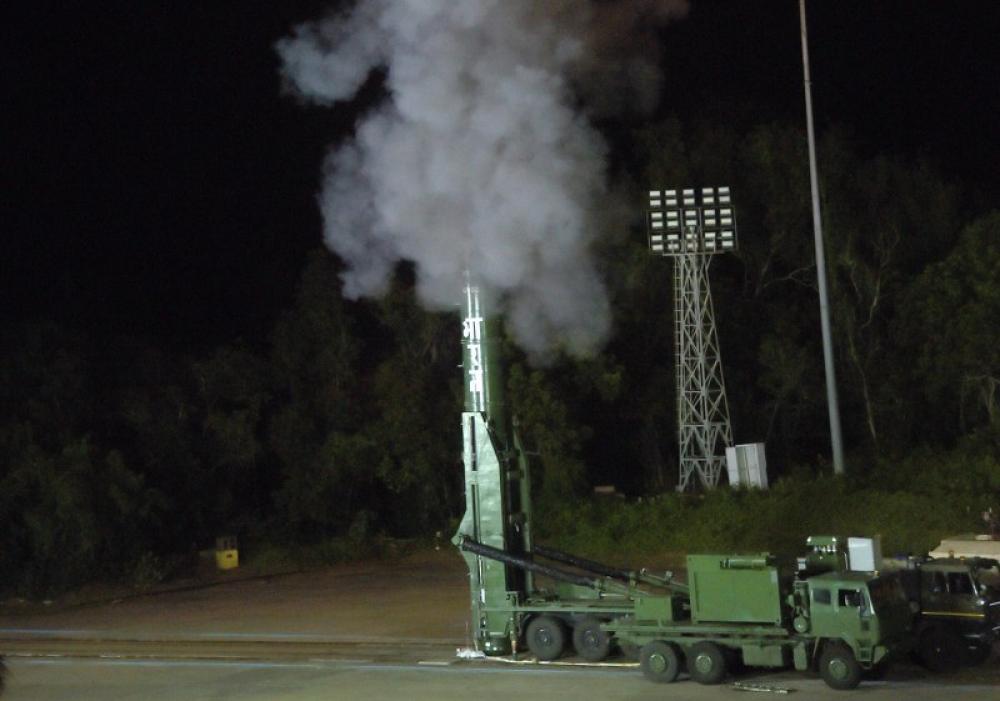Just Earth News | @justearthnews | 17 Nov 2024, 04:00 am Print

India conducts flight-trial of first long-range hypersonic missile. (Photo Courtesy: PIB)
India's Defence Research and Development Organisation (DRDO) conducted a successful flight-trial of India’s first long-range hypersonic missile from Dr APJ Abdul Kalam Island off the coast of Odisha late on Saturday.
This hypersonic missile is designed to carry various payloads for ranges greater than 1,500 kms for the Armed Forces, read a statement issued by the Indian government. With the successful test-trial India joins an elite club of nations possessing such advanced military technology.
The missile was tracked by various range systems, deployed in multiple domains.
Congratulations Incredible Bharat ??
— अखंड-भारत (@Gpyadav315) November 17, 2024
Successfully tested its long range hypersonic missile.
We Are Proud of Powerfull India ❣️
Jai Hind Jai Bharat ?? pic.twitter.com/gzW8R7mACd
The flight data obtained from down range ship stations confirmed the successful terminal maneuvers and impact with high degree of accuracy.
This missile has been indigenously developed by the laboratories of Dr APJ Abdul Kalam Missile complex, Hyderabad along with various other DRDO laboratories and Industry Partners.
The flight-trial was carried out in the presence of senior scientists of DRDO and officers of the Armed Forces.
Defence Minister Rajnath Singh described the flight-trial as a historic achievement which has put India in the group of select nations having capabilities of such critical and advanced military technologies.
He congratulated DRDO, Armed Forces and the Industry for the successful flight trial.
- Same price, smarter result: Anthropic drops major AI surprise
- Meta, NVIDIA announce long-term infrastructure partnership. Key details inside
- No one above the law: UN experts call for action over Epstein Files
- Teen with loaded shotgun races toward US Capitol — Arrested in dramatic standoff
- Power shift in Dhaka! Tarique Rahman takes oath as Bangladesh PM





-1763561110.jpg)
